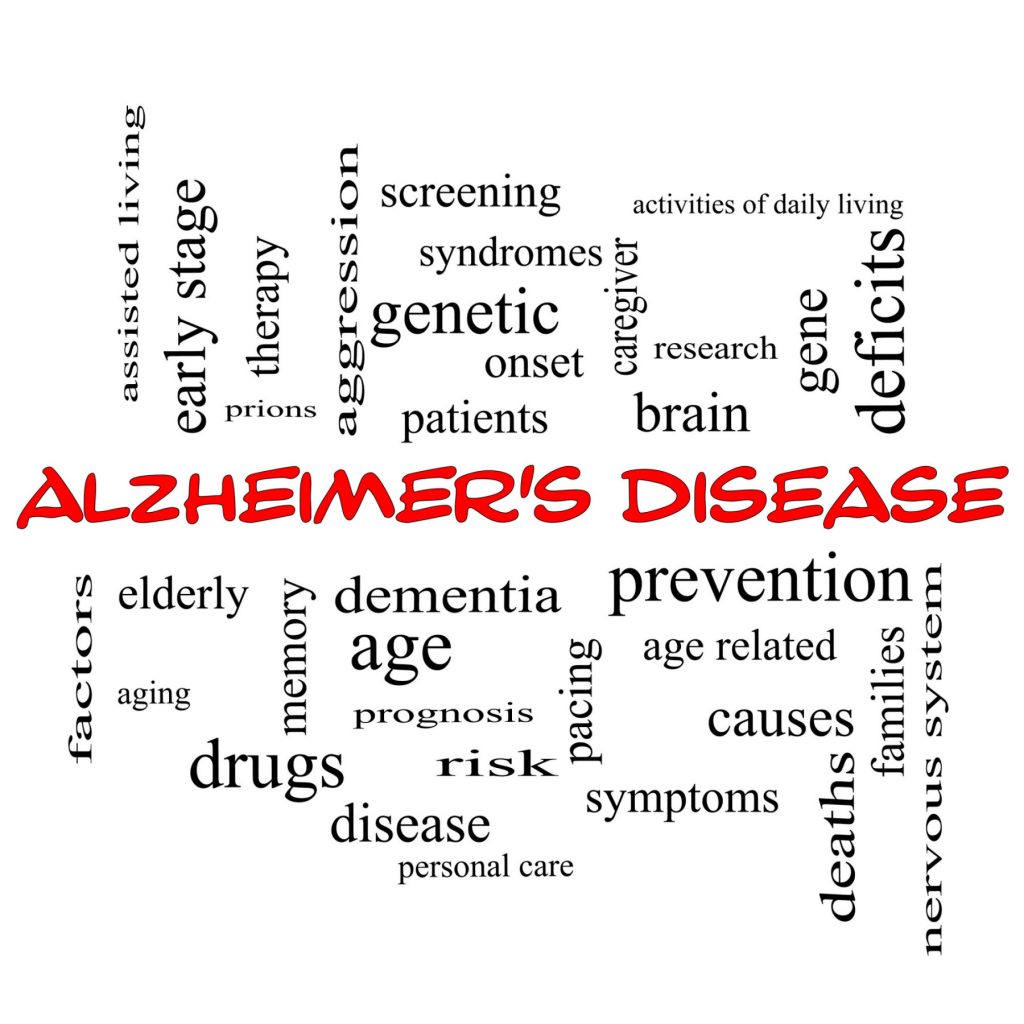How Seniors Can Look and Feel Great in the New Year
Image via Pexels How Seniors Can Look and Feel Great in the New Year Regardless of your age, the new year signals a fresh start and can have an impact on all sorts of things — including how you look and feel. Whether you want to lose weight, tone up, practice more self-care, or achieve …
How Seniors Can Look and Feel Great in the New Year Read More »




